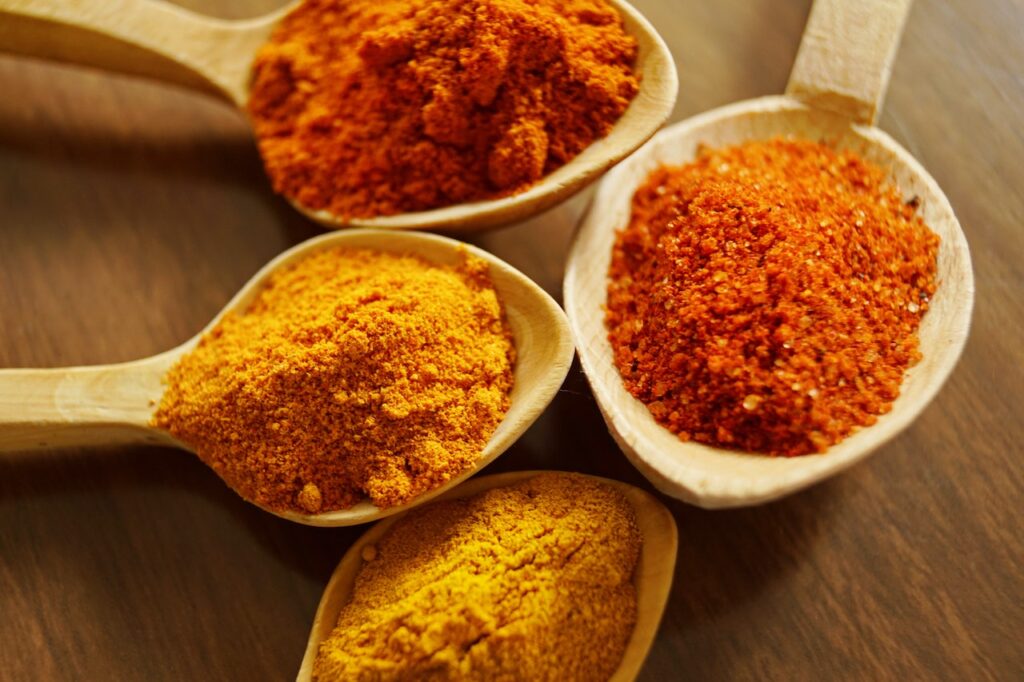Protein powder has become increasingly popular in recent years, with many people turning to this supplement to help them achieve their fitness goals. But with so many different types of protein powder available, it can be difficult to know if it’s right for you. In this article, we’ll explore the truth about protein powder and help you determine if it’s a good fit for your fitness routine.
What is protein powder?
Protein powder is a supplement made from various sources of protein, including whey, casein, soy, and pea protein. It’s typically used by athletes and fitness enthusiasts to increase protein intake and support muscle growth and recovery.
Is protein powder necessary?
Protein is an essential macronutrient that plays a crucial role in building and repairing muscle tissue. While it’s possible to get enough protein through a well-balanced diet, protein powder can be a convenient and effective way to increase protein intake, especially for those with high protein needs or limited dietary options.
How to choose the right protein powder
When choosing a protein powder, it’s important to consider your individual needs and preferences. Here are some things to keep in mind:
- Protein source: Different protein sources have different amino acid profiles and digestion rates. Whey protein is a fast-digesting protein that’s great for post-workout recovery, while casein protein is slower-digesting and ideal for sustained protein intake throughout the day. Soy and pea protein are good plant-based options for those who are vegan or lactose intolerant.
- Flavors and additives: Protein powders come in a variety of flavors and may contain additives such as sweeteners, colors, and preservatives. Choose a protein powder that fits your taste preferences and doesn’t contain any ingredients that you’re sensitive to.
- Price: Protein powders can vary in price, with some brands being more expensive than others. Consider your budget and how often you plan to use the supplement when choosing a protein powder.
Potential downsides of protein powder
While protein powder can be a convenient and effective way to increase protein intake, there are some potential downsides to consider:
- Digestive issues: Some people may experience digestive issues such as bloating, gas, or diarrhea when consuming protein powder. This can be due to lactose intolerance, sensitivity to certain ingredients, or consuming too much protein at once.
- Heavy metals: Some protein powders have been found to contain heavy metals such as lead, cadmium, and arsenic. Choose a reputable brand and look for third-party testing to ensure that your protein powder is safe and high quality.
- Overconsumption: Consuming too much protein can put strain on the kidneys and liver, and may lead to dehydration. Be sure to follow the recommended serving sizes and consult with a healthcare professional if you have any concerns.
Conclusion
Protein powder can be a convenient and effective way to increase protein intake and support muscle growth and recovery. However, it’s important to choose a protein powder that fits your individual needs and preferences and to be aware of potential downsides such as digestive issues and heavy metal contamination. As with any supplement, it’s best to consult with a healthcare professional before incorporating protein powder into your fitness routine.

